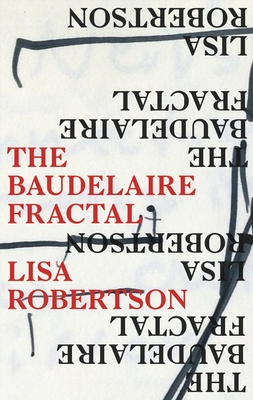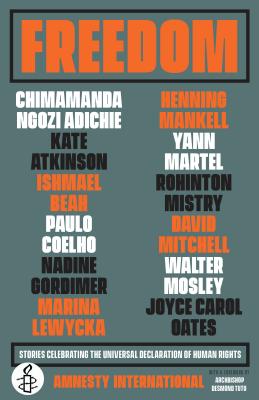
In the middle of 1974, Flora is privileged and middle-aged in a liberation-hued America, and feels both compelled by and left out of the women's movement. She finds it difficult to activate her limited supply of empathy as she contends with a clandestine and unlikely friendship, a worrisome health scare, a domineering and philandering psychiatrist husband or her own distant daughter.
Flora's secret foray into psychotherapy does nothing to halt the sense that there is a better life for her somewhere else, in some parallel existence. Through the continuum of psychological diagnoses, she is lost in the murky place between contentment and discontentment, normal and abnormal.
Is her state of mind a clinical, diagnosable condition, or common malaise? Perhaps she'll find out if she stops resisting to share herself with those who love her.







